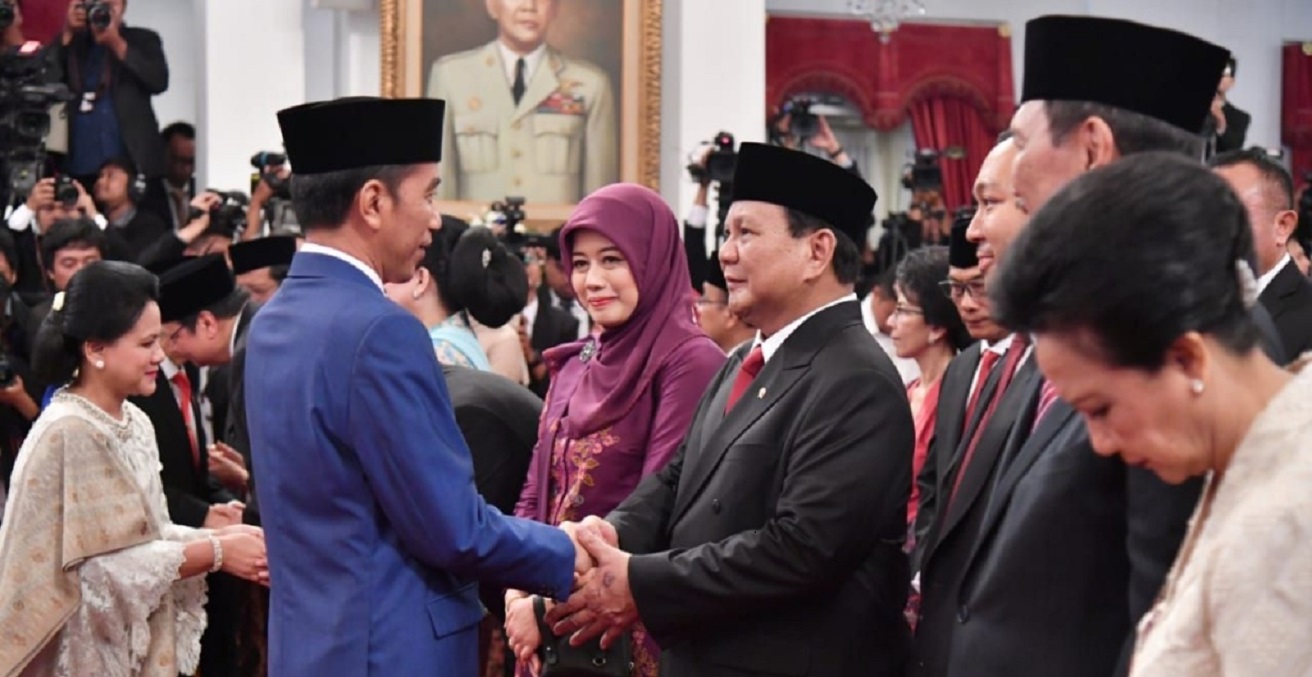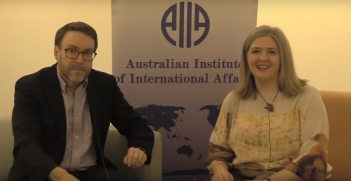Indonesia: A Defence and Security Review for 2022

2022 has produced its fair share of scandals, economic uncertainty, and sovereign territorial injustices for Indonesia’s leaders. With the 2024 general election beginning to shine on the horizon, the struggle for democracy is real, but promising adjustments are also being made.
On reaching retirement age and after only a year as commander, Indonesian National Armed Forces (TNI) General Andika Perkasa has been replaced by the ex-chief of navy, Admiral Yudo Margono, who also has only one year to serve before reaching retirement age. This is in sharp contrast to the Suharto era, when commanders usually held the post for the full electoral cycle of five years – perhaps too long, but a minimum of three would probably produce better results. This is indicative of an officer management system in desperate need of fundamental reform, but one that cannot be implemented effectively without also reviewing the fundamental role and structure of the TNI.
The army continues to expand and consolidate its territorial commands reaching down to the village level, but the conventional army, navy, and air forces remain constrained by a budget of less than one percent of GDP. Defence Minister General (Hon) Prabowo Subianto had hoped to fund new capital expenditure, including Rafale and F-15 combat aircraft, via long term loans, but this plan seems to have been frustrated by COVID-19-related expenditures, the looming recession, and other funding pressures.
That the police force also needs fundamental reform was illustrated by numerous incidents through the year. The chief of professional standards, Inspector General Ferdy Sambo, is on trial for the murder of one of his eight adjutants on 8 July. Ironically, Sambo claimed it was an honour killing to avenge sexual advances on his wife, but the real motives for the murder have never been revealed and probably relate to the victim knowing too much about some of his master’s nefarious involvements. To make matters worse, tens of other police were involved in trying to cover up Sambo’s role in the murder.
A provincial police chief, Inspektur Jenderal Teddy Minahasa, is also facing charges alleging that he authorised the sale of drugs being held as evidence in other cases. Other investigations are being pursued into alleged police involvement in illegal mining, with profits flowing up from local, to province, and to the national chief of criminal investigations, Komisaris Jenderal Andrianto. And to top it off, 131 soccer fans were crushed to death in a stampede induced by inappropriate use of tear gas by police at a football match at Kanjuruhan in Central Java on 1 October.
The failure to address these issues in the TNI and the police force is a legacy of the conditional transfer from authoritarian rule to democracy at the turn of the century – fear of the masses, the need for a mailed fist to assuage those fears, and competing priorities. These considerations also explain the inability of any of the four democratically elected presidents to come to grips with human rights abuses, but there are some flickers of hope that that is beginning to change.
On a brighter note, the combined military and police forces involved in counter insurgency operations in Poso, Central Sulawesi finally brought the 11-year conflict to an end when the last insurgent was killed on 29 September. Nevertheless, deradicalisation programs continue to minimise the possibility of a resurgence of the movement.
In Papua, the Free Papua Movement (OPM) continues its low-level, but scattered and unsettling operations concentrated mainly in the central highlands. Road building continues to open the provinces, but it also exposes more vulnerabilities. About 14 soldiers and police were killed during the year and another 31 wounded, about the same as last year. However, the number of civilians killed jumped from 23 to 37 this year. The increase is a result of the massacre of eight telecommunications technicians repairing a remote communications tower and another incident in which 11 non-Papuan civilians were massacred in a road ambush. About nine OPM fighters were killed, and 13 are known to have been detained during the year.
Nevertheless, the return of internally displaced persons is being given higher priority, the TNI territorial commands continue to multiply, and police/TNI cooperation continues to restrict the flow of arms and ammunition and keep pressure on the OPM. But they can still be disruptive in isolated regions.
Long promoted but only legislated this year is the increase in the number of provinces in Papua from two to six. This will open vacancies for four new governors and legislatures and about 3200 public servants. The changes will bring their own tensions, but the hope is that it will further dilute sympathy for the OPM by bringing government, and its services, closer to the people and, in conjunction with infrastructure development and a growing security presence, open the province for economic exploitation and its accompanying costs and benefits.
President Joko Widodo has issued frequent and passionate appeals to political parties and presidential candidates not to mobilise religion in support of their 2024 election campaigns. The election commission is conducting its final vetting of political parties to ensure they meet the criteria to participate in the elections. Whether there will be three or four presidential teams depends on whether Megawati Sukarnoputri, the leader of the Indonesian Democratic Party of Struggle (PDI-P), insists that her daughter, Puan, becomes the PDI-P presidential candidate regardless of her poor polling results.
Otherwise, the three teams will be led by Anis Baswedan, General (Hon) Prabowo, and Ganjar Pranowo. The candidacy of the former two has been announced. Baswedan, nominated by the National Democratic Party (Nasdem) coalition, has his own religious credentials and so will select a nationalist or pluralist partner, possibly the Democratic Party leader Agus Harimurti Yudhoyono. Prabowo, nominated by the Greater Indonesia Movement (Gerindra) coalition, needs a partner with religious credentials, possibly Muhaimun Iskandar of the National Awakening Party (PKB). And Ganjar, if nominated by PDI-P, has broader options including a woman with religious standing. Whether this will neutralise the potential for religious polarisation and force candidates to focus on programs and pragmatic issues remains to be seen. In any case, the TNI and police are committed to supporting the president’s appeals and securing the electoral process.
Counter-terrorism operations, deradicalisation programs, and promotion of the Pancasila state continues unabated. Such matters attract daily press coverage with constant warnings that the pluralist state is under constant threat from those wanting Indonesia to become an Islamic state or join the struggle for a global caliphate. Although neither outcome is likely, the mobilising power of these ideas can produce social conflict sufficient to weaken the legitimacy of governments and detract from economic development – hence the concern that such passions are not mobilised for electoral purposes.
The big event for the year was the G20 leaders meeting in Bali in mid-November that showcased Indonesia’s ability to lead and conduct such major events, even in the most tumultuous of times. Russia stood more isolated for its attack on Ukraine than many expected, and Xi Jinping, fresh from being confirmed as the CCP’s emperor for another five years, looked supremely confident in US President Joe Biden’s and the other leaders’ company.
Stopping the war is critical for Indonesia because its priority is getting the global economy back on track in the aftermath of COVID-19, particularly so as to avoid inflation, especially of food products, and a global recession which has already resulted in layoffs. Managing price increases and shortages of basic necessities is fundamental to maintaining human and political security, especially with elections looming in February 2024.
Having handed the G20 presidency to India, Indonesia can now concentrate on chairing ASEAN next year. Defending ASEAN centrality in regional affairs and bringing Myanmar back into the fold will be its major challenges.
Robert Lowry is former president of the ACT Branch of the AIIA.
This article is published under a Creative Commons Licence and may be republished with attribution.





